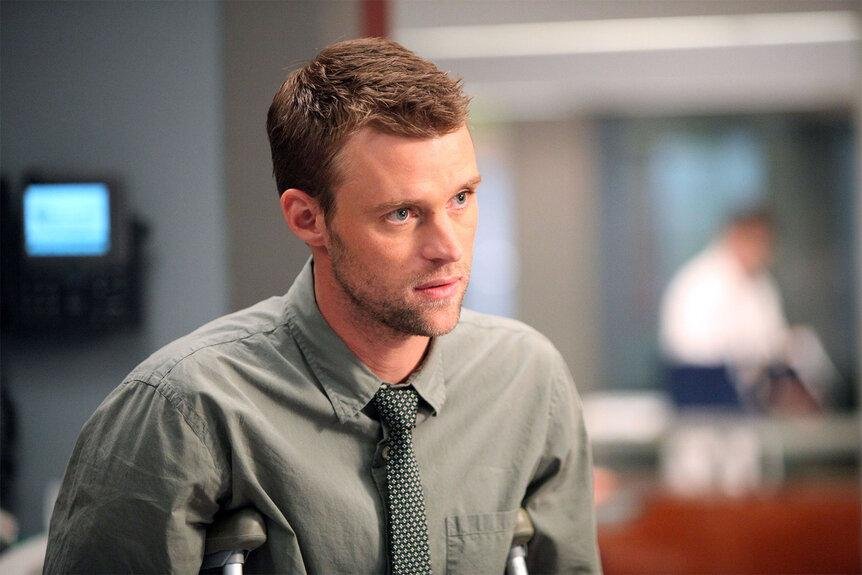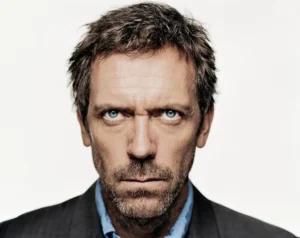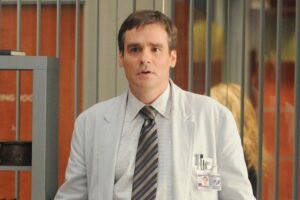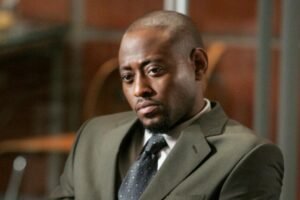1. “Sometimes the heart wants what the brain knows is a terrible idea.”
2. “Life’s script doesn’t always come with an Australian accent.”
3. “In medicine, uncertainty is the only certainty.”
4. “Diagnosis is part science, part dark art.”
5. “Humor is a defense mechanism, just like sarcasm.”
6. “What the patient doesn’t say can be more important than what they do.”
7. “Compassion is the bridge between logic and healing.”
8. “Not every decision needs a committee, sometimes it needs a gut.”
9. “Seeing through a microscope doesn’t always mean seeing the truth.”
10. “The scalpel is only as sharp as the mind wielding it.”
11. “Faith and medicine often dance to different tunes.”
12. “Every life saved is a lesson learned.”
13. “In surgery, the smallest mistake can echo the loudest.”
14. “Wounds heal, but some scars stay to teach.”
15. “Trust the process, but verify every step.”
16. “Beneath layers of denial, lies the truth we all fear.”
17. “Healing is a journey often hindered by human resistance.”
18. “Complications are sometimes just nature’s way of testing our resolve.”
19. “The most challenging patients often teach us the most about ourselves.”
20. “Sometimes, to save a life, we need to risk a little chaos.”
21. “Experience is earned one life at a time.”
22. “Empathy isn’t weakness; it’s the cornerstone of healing.”
23. “Our differences make us unpredictable, even in illness.”
24. “Behind every tired eye, there’s an untold story.”
25. “Not every diagnosis is black or white; some are brilliantly gray.”
26. “Trusting your team can be the greatest measure of skill.”
27. “In the operating room, every second is borrowed time.”
28. “Deciphering silence often leads to the loudest revelations.”
29. “Even beneath the white coat, I’m just as human as anyone else.”
30. “Thinking outside the box is often where true healing begins.”
31. “Healing sometimes requires making peace with imperfection.”
32. “In medicine, humility is often our greatest ally.”
33. “Belief systems can often complicate straightforward solutions.”
34. “In diagnostics, there are no throwaway insights.”
35. “Passion is crucial, but precision saves lives.”
36. “The trust between doctor and patient is as fragile as it is essential.”
37. “In the pulse of chaos, look for the steady rhythm of logic.”
38. “The most profound discoveries often start with a simple question.”
39. “Emotional resilience is as vital as intellectual prowess.”
40. “Courage is the quiet voice that says, ‘I’ll try again tomorrow.’”
41. “The art of listening can reveal more than tests ever could.”
42. “Knowledge grows, but wisdom is fertilized by empathy.”
43. “Each heartbeat is a reminder of medicine’s fragile victories.”
44. “Sometimes the cure lies outside of textbooks.”
45. “The challenge is to see the patient, not just the illness.”
46. “A little skepticism is healthy in both medicine and life.”
47. “Human connection can illuminate where science falls short.”
48. “Diagnosis requires more than evidence; it requires insight.”
49. “Searching for answers in the unknown is what I live for.”
50. “Sometimes healing means letting go, not holding on tighter.”
An Intriguing Look at Fan Theories Surrounding Dr. Robert Chase from “House, M.D.”
“House, M.D.” introduced viewers to a host of fascinating characters, but few have sparked as much speculation and intrigue as Dr. Robert Chase. As a pivotal member of Dr. Gregory House’s diagnostic team, Chase’s character development over the series provided fertile ground for fans to devise theories about his motivations, background, and future. Below, we delve into some of the most captivating fan theories about this enigmatic character.
One prominent fan theory suggests that Dr. Chase’s journey throughout the series is a classic redemption arc. Early on, Chase is perceived as opportunistic and eager to please House, often avoiding conflict to maintain his position. However, as the series progresses, fans have noted instances of Chase’s moral growth, particularly highlighted after his role in the death of a patient in Season 6. This theory posits that the writers intentionally crafted Chase’s story to show a young doctor initially compromising his ethics, only to eventually become someone who is more self-assured and ethically grounded.
Another compelling theory posits that Chase is, in fact, being groomed by House to be his successor. Fans point to numerous instances where Chase mirrors House’s diagnostic style, albeit with more emotional intelligence and empathy. This theory suggests that House sees Chase as a younger version of himself, someone who can carry on his legacy of unconventional yet effective diagnostic methods, but with a better bedside manner. Proponents of this theory often cite Chase’s increasing confidence and autonomous decision-making in later seasons as evidence.
Fans also speculate about Chase’s past, particularly his relationship with his powerful father—an internationally renowned doctor—and how it influences his actions. Some believe Chase’s decision to pursue medicine is driven by a desire to earn his father’s approval, while others suggest a more rebellious motive, seeing his career choice as a means to carve a separate identity. This theory explores the emotional complexity behind Chase’s seemingly straightforward persona, suggesting layers of unresolved issues that manifest in moments of professional uncertainty and personal introspection.
Throughout the series, Chase’s romantic entanglements—especially his tumultuous relationship with Dr. Allison Cameron—have led to fan theories exploring the dichotomy of love and loyalty in his character. Some fans argue that Chase’s decisions in relationships reflect a deeper struggle between his personal desires and professional responsibilities. This theory underscores the tension between Chase’s ambition and his capacity for genuine emotional connection, suggesting that these conflicting drives are central to his character evolution.
These fan theories, while varied, all contribute to the rich tapestry of Dr. Robert Chase’s character in “House, M.D.” They invite viewers to engage with the series on a deeper level, contemplating not just the medical mysteries at the heart of the show, but also the personal growth and challenges faced by its characters. Whether these theories hold water or remain speculative, they undeniably enrich the viewing experience for dedicated fans.








